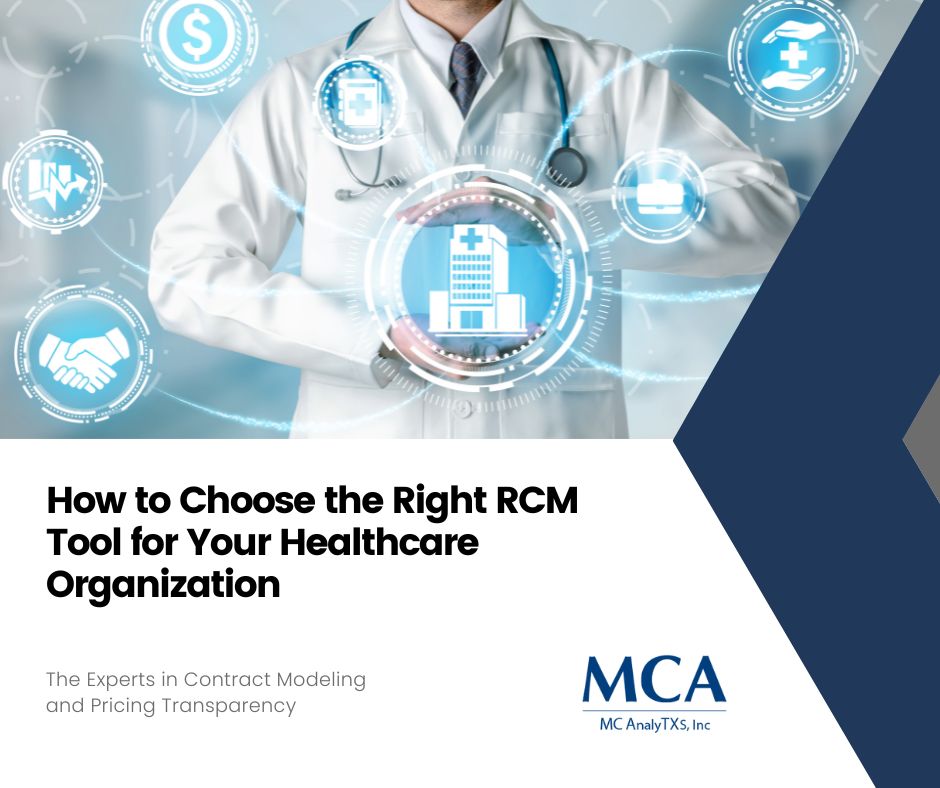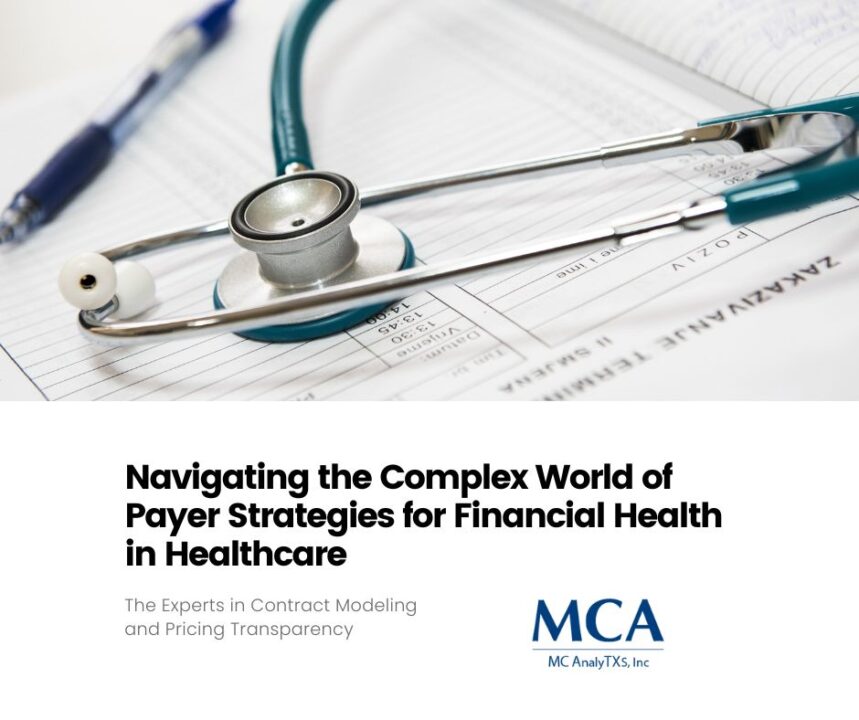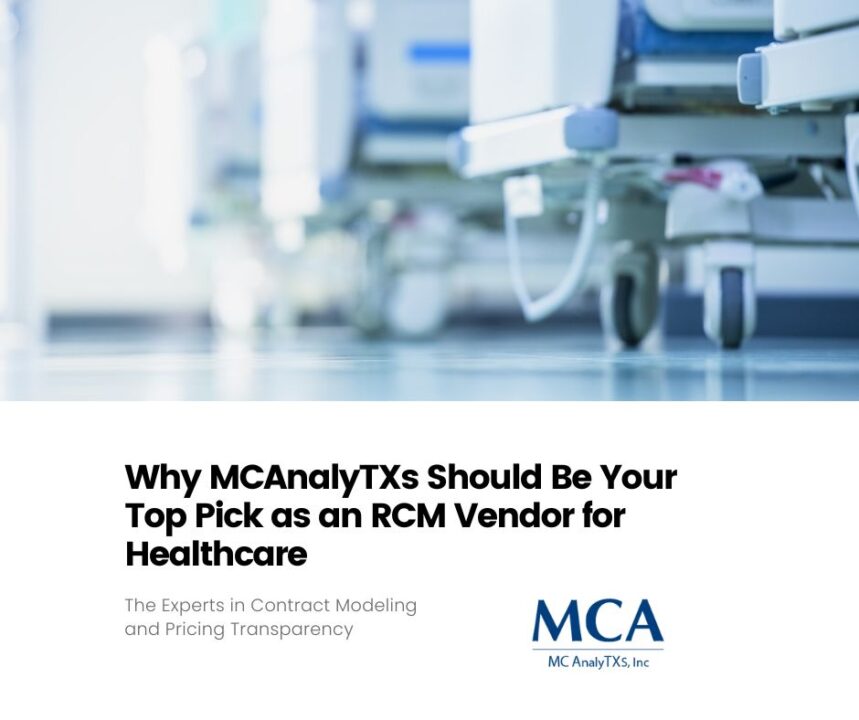
Is Your Hospital Lagging on Innovation Efforts? The Top Healthcare Challenges + Opportunities
March 4, 2024
The Imperative of Claim Management & Contract Modeling Software in Revenue Cycle Management
March 8, 2024The healthcare industry increasingly turns to Revenue Cycle Management (RCM) tools to streamline financial operations, improve billing practices, and enhance overall revenue performance. With a market flooded with options, it becomes vital to discern which RCM tool delivers the most substantial return on investment. Below, we outline essential features to consider when selecting an RCM tool that aligns with the unique needs of the healthcare sector.
Claims Management
An RCM tool without robust claims management capabilities is like a car without wheels – it isn’t going anywhere. Effective claims management is fundamental for minimizing billing errors, reducing denials, and speeding up reimbursement. Your chosen RCM tool should handle claims efficiently and offer comprehensive features for tracking and managing claim statuses, ensuring that your claims process is as seamless as possible.
Pricing Transparency
Healthcare finances can be complex, and pricing transparency is crucial for maintaining patient trust and avoiding potential billing disputes. Look for RCM tools that provide clear and upfront information about pricing for treatments and services. This will not only assist in maintaining compliance with healthcare regulations but can also streamline billing processes and improve patient satisfaction.
Contract Modeling
Negotiating payer contracts can be a daunting task, and an RCM tool with contract modeling capabilities can offer significant advantages. An ideal tool will allow you to simulate different contract terms and predict their financial impact. This feature enables better decision-making and strategic planning, ensuring that you negotiate the most favorable terms for your organization.
Underpayment and Denial Reporting
No healthcare provider is immune from underpayments and denials, but a good RCM tool will help you manage and mitigate them. Look for solutions that provide detailed reporting on underpayments and denial patterns. By understanding the root causes, your organization can take proactive steps to avoid such issues and recover revenue that might otherwise be left on the table.
Cost Reports
A comprehensive analysis of your cost structure is crucial for any healthcare organization. RCM tools that incorporate cost reporting can provide acute insights into financial performance, helping identify areas where efficiency can be improved. A good cost report will arm you with the data needed to make informed decisions that can lead to enhanced financial health.
In conclusion, selecting the right RCM tool for your healthcare organization requires careful evaluation of the features that align with industry-specific challenges. Prioritize claims management, pricing transparency, contract modeling, underpayment and denial reporting, and insightful cost reports. Keep in mind that the best RCM tool is not just one that checks all the boxes; it integrates seamlessly into your existing processes, supports regulatory compliance, and ultimately, maximizes your revenue cycle performance.
Remember, in the dynamic world of healthcare, your RCM tool selection can be a defining factor in leading your organization toward greater financial vitality. Choose wisely!





